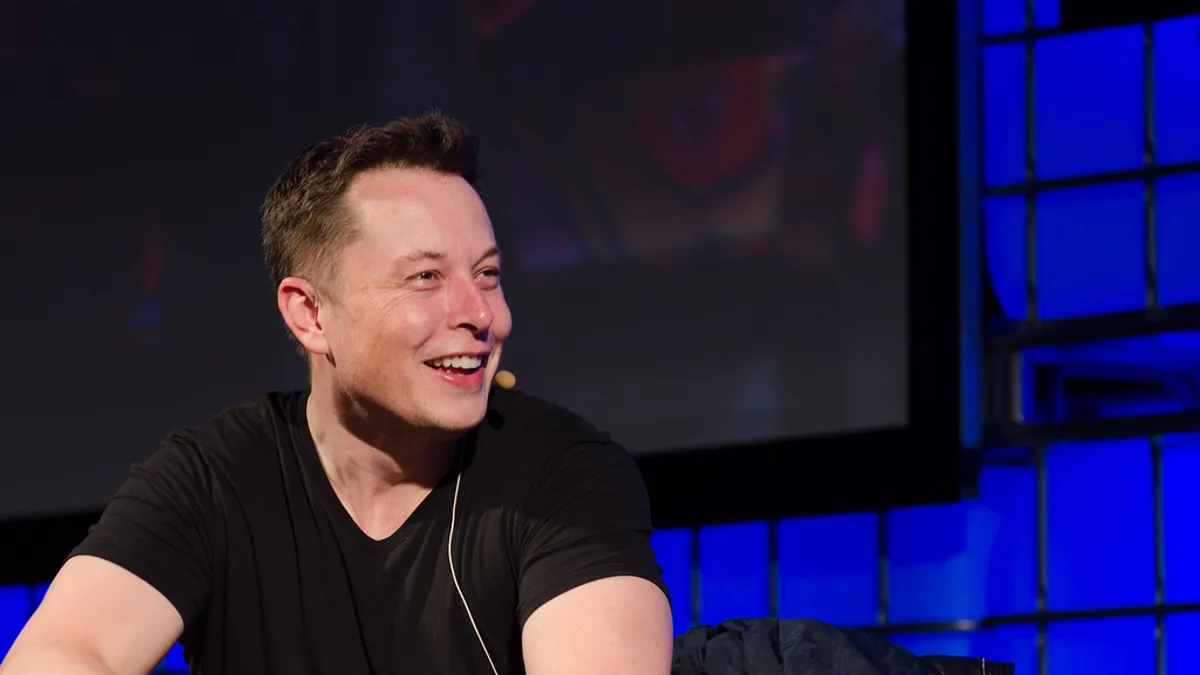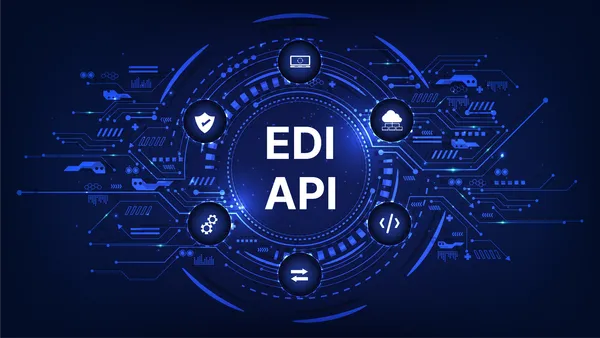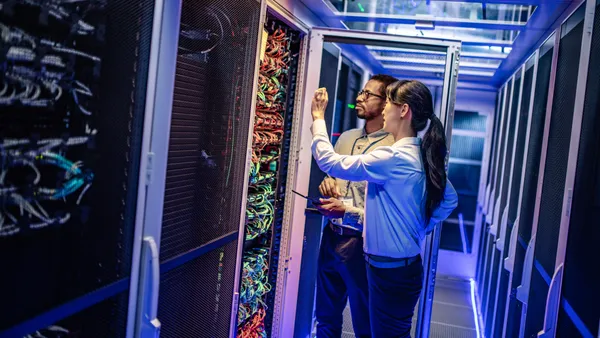Dive Brief:
-
Elon Musk peddled his AI skepticism and fears at South by Southwest Sunday saying, "I'm very close to the cutting edge in AI and it scares the hell out of me," reports ZDNet. As for the degree of threat AI presents, "mark my words: AI is far more dangerous than nukes," Musk said, reports Business Insider.
-
The rapid rate of AI innovation is spurring the advancement of new technologies like self-driving automobiles, which Musk predicts will be 100-200% safer than cars by the end of 2019. However, the quick pace of AI advancement needs to be regulated by ensuring "that the advent of digital super intelligence is one which is symbiotic with humanity." It's "the single biggest existential crisis that we face," reports ZDNet.
-
The entrepreneur said humans are already "cyborgs" because of attachment to phones and computers. But by building an interface with "tiny electrodes" able to read directly from the brain, the framework for a digital super intelligence can be created, according to ZDNet. This way, AI is the "digital extension of you" and therefore the "best outcome," he said.
Dive Insight:
The lack of AI regulation is a fear not only held by Musk but by experts at large. But the difference in fears are not always rooted in AI's sophisticated advancements.
Because AI can serve as an extension or augmentation of an individual, it is common for personal beliefs to drip into initial programming.
The integrity of data managed by AI is at risk for exposing "the biases that are coming through in the decisions that the individual is making," according to Bill Briggs, CTO of Deloitte.
But managing biases is only a mild concern compared to the estimated 1.4 million U.S. jobs that will be disrupted by 2026 because of AI. Employees and employers are facing a "reskilling crisis" and the majority of U.S. adults believe their employers should be the ones to pay for retraining as a result.
Musk admits that while regulation is needed, he doesn't know who should be the one to do so. Still, despite the lack of a universal form of regulation, the AI market is showing no signs of slowing down and for good reason.
By 2021, AI is forecast to help recover about 6.2 billion hours of productivity while adding $2.9 trillion in business value.














